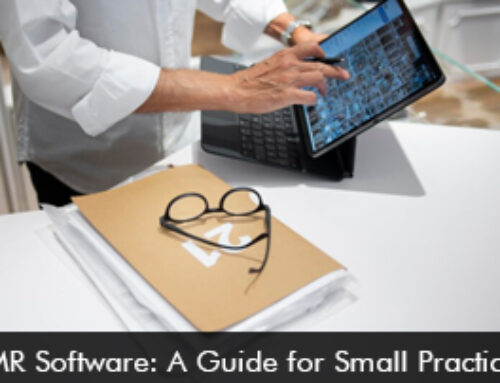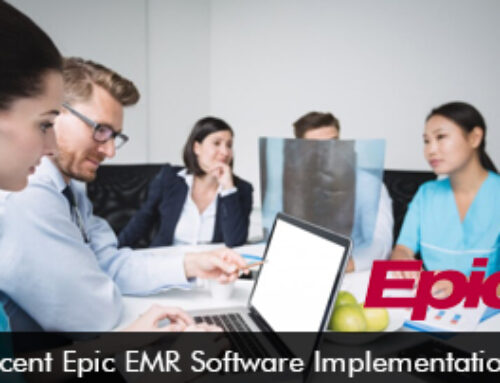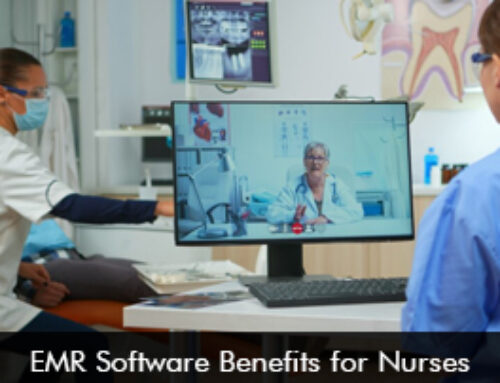Lee Health located in Fort Myers, Florida used Epic software linked Remote Patient Monitoring which enabled the hospital to send fewer people to ERs. RPM tools have been helpful to offer patients the care and monitoring they need from the comfort of their homes.
The issue before Epic remote patient monitoring was used
Telemedicine EMR Software came to the forefront to offer effective remote care during the COVID-19 pandemic. Healthcare organizations utilized robust technology to offer access to care even to people residing in the outskirts. Patients want their providers to offer telehealth sessions as a care option because of convenience. However, there are certain limitations associated with the telemedicine platform.
Lee Health realized that they required data to make telemedicine sessions a hit. The clinicians were unable to make data-driven decisions because of the lack of blood pressure, and oxygenation saturation. Data was unavailable to support the decision-making process.
Through telemedicine software, the providers only had the patient in front of them and they could only examine and evaluate a few conditions through video. Supporting data was unavailable to drive care decisions.
The importance of RPM for Lee Health
It was during this time that remote patient monitoring tools helped Lee Health. RPM devices and tools assisted providers to collect clinical data including, BP, oxygen, and weight. Remote patient monitoring also helped to collect questionnaires from patients to identify any early signs of deterioration.
Patients can be at home and beep their doctor to let them know if they are worried about a specific condition. Patients don’t have to go to the urgent care or ER and only need to when they are told by their provider.
Positive results of Epic-linked RPM
The hospital’s remote patient monitoring technology and services vendor is Health Recovery Solutions. Health Recovery Solutions can feed information into Lee Health’s Epic EHR Software. This integration of information will allow providers at the hospital to know a patient’s entire clinical record.
As a result, the hospital is sending fewer people to emergency departments. A few months ago before the use of Epic-linked remote patient monitoring about 17% of the remotely monitored patients required a higher level of care. Now the range is between 3% to 5%.
Patients at Lee Health are highly satisfied and engaged with the proactive RPM program. FCC telehealth awarded the hospital with a $1 million grant fund to support its remote patient monitoring program.






